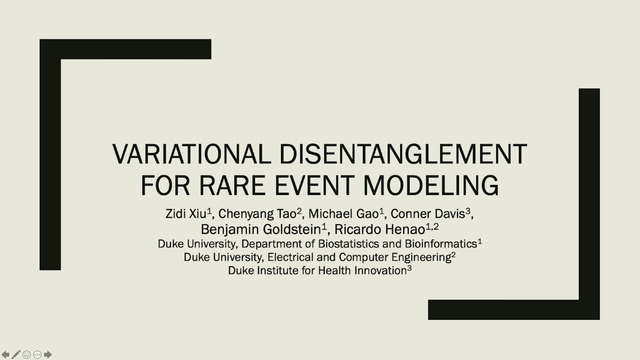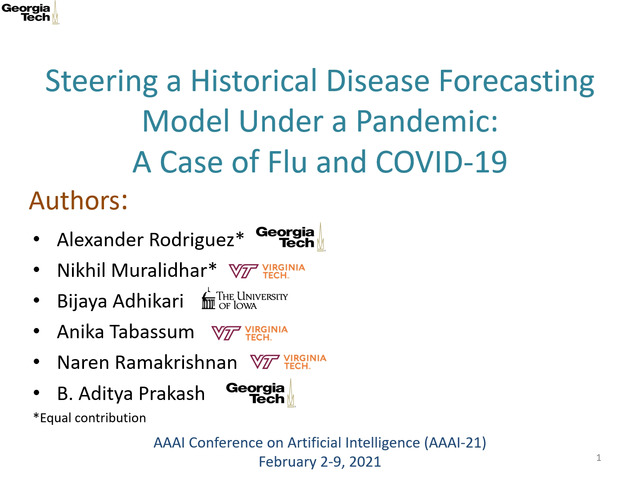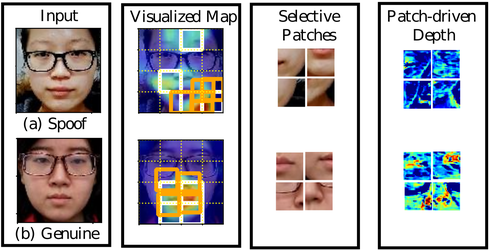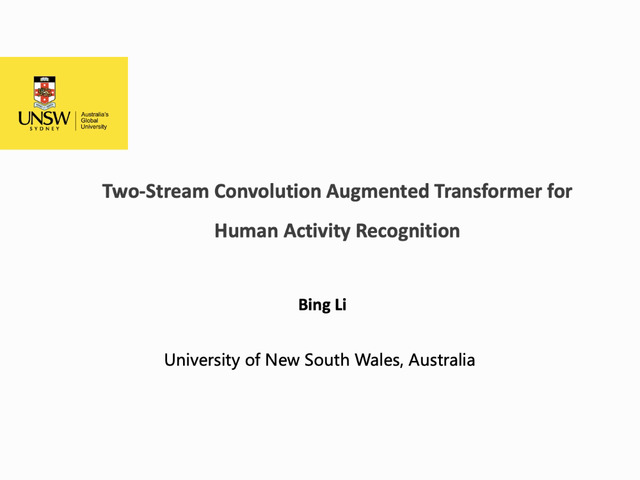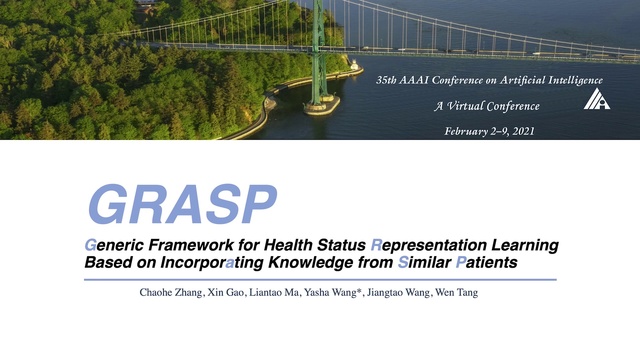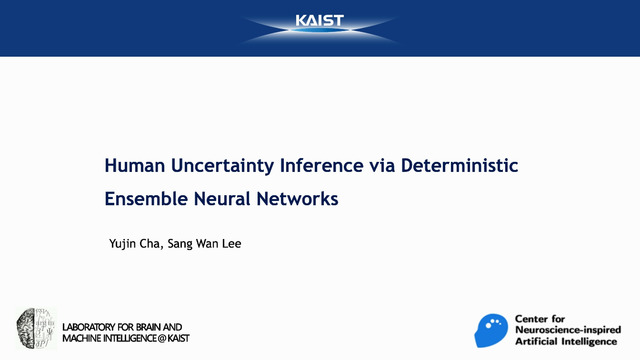Abstract:
Adverse drug reactions (ADRs) are detrimental and unexpected clinical incidents caused by drug intake. The increasing availability of massive quantities of longitudinal event data such as electronic health records (EHRs) has redefined ADR discovery as a big data analytics problem, where data-hungry deep neural networks are especially suitable because of the abundance of the data. To this end, we introduce neural self-controlled case series (NSCCS), a deep learning framework for ADR discovery from EHRs. NSCCS rigorously follows a self-controlled case series design to adjust implicitly and efficiently for individual heterogeneity. In this way, NSCCS is robust to time-invariant confounding issues and thus more capable of identifying associations that reflect the underlying mechanism between various types of drugs and adverse conditions. We apply NSCCS to a large-scale real-world EHR dataset and empirically demonstrate its superior performance with comprehensive experiments on a benchmark ADR discovery task.














